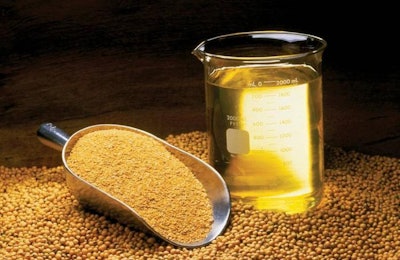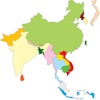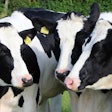
Everything is intermingled. Any ordinary person would never think that the chicken he or she eats is related to biofuel production. Right? What does biodiesel have to do with a chicken raised in Brazil?
A few days ago, the Brazilian government decided to reduce the biodiesel mixture by 23% during 2022. This means that instead of adding 13% of biodiesel to regular diesel, only 10% will be added. The Brazilian Animal Protein Association (ABPA) is worried because there is a potential of reduced soybean availability, as a result of decreased soybean crushing destined to produce soy oil for biodiesel.
According to their concern made public, “a lower soybean meal supply could mean a price increase that could generate losing competitiveness and an even higher inflation for the consumer, just when the largest spike in feed ingredients prices in history is affecting the Brazilian (and world’s) poultry and swine industries.”
Not only has the ABPA has expressed its concerns, but also Aprobio (the Brazilian Association of Biofuels Producers) and agri-energy companies. They claim that there are enough soybeans produced in Brazil for biodiesel production, and considering that Brazil seems to be importing increasingly more regular diesel, reducing biodiesel usage will stimulate fossil fuels, which goes against neutralizing carbon emissions.
Biofuels have a good image — because the are “bio,” they are renewable. They are actually good. But while reading about this I was wondering what will happen when only electric cars will be sold. I mean, the European Commission has established 2035 — just around the corner — as the end of cars and trucks working with gasoline, diesel, gas and hybrids. What would be the impact on agriculture and therefore animal production?
So, here you go! We can see now how things that apparently are not related, actually are.
What do you think?



















